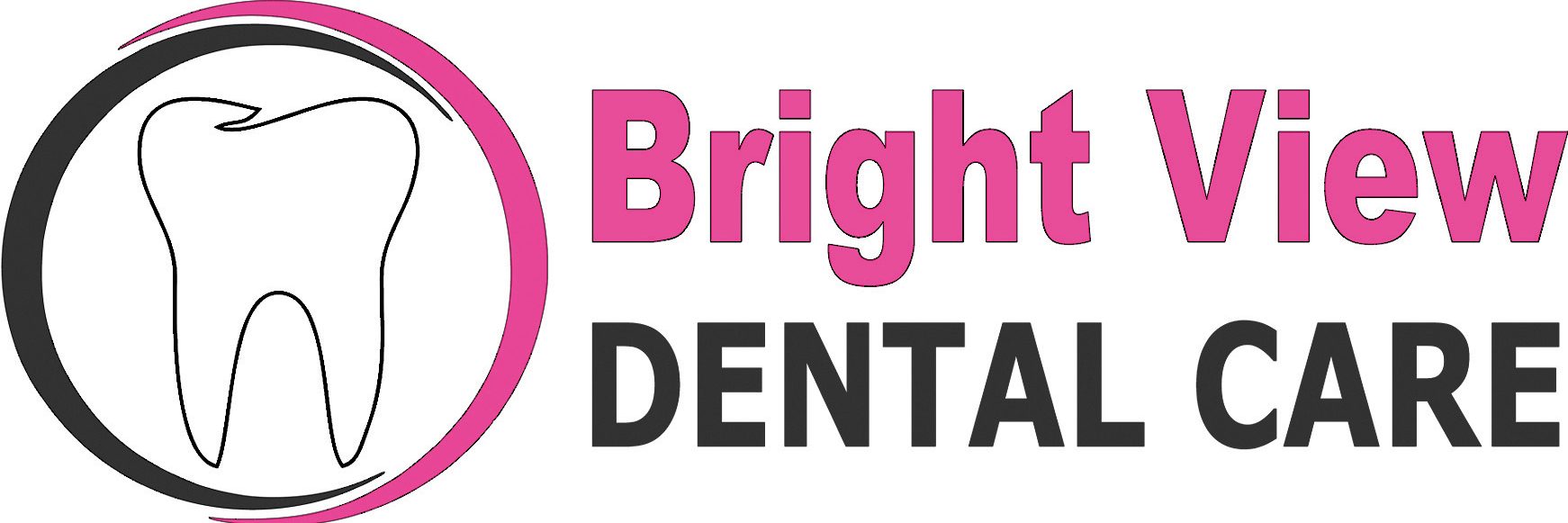Why Are Wisdom Teeth Removed?
Are you considering getting your wisdom tooth or teeth removed due to discomfort?
Wisdom teeth, or third molars, are the last teeth to emerge in the mouth. They used to be important because our ancestors ate rough and hard food, but modern diets and advances in oral health care have made them less useful.
Getting wisdom teeth taken out is a common dental procedure. But why is it often thought to be necessary? Let’s look at the different reasons why dental professionals say it can be a good idea.
But First, What Are Wisdom Teeth?
When you open your mouth, you’ll find your wisdom teeth at the very back. Majority have four wisdom teeth, but others have fewer or even none. These teeth often erupt between the ages of 17 and 25, hence the term “age of wisdom.”
Common Reasons for Wisdom Tooth Extraction
- Lack of Space. Wisdom teeth are often taken out because there isn’t enough room for them to fully come in. Our jaws are usually smaller now than they were in the past, so there isn’t enough room for extra teeth. This can cause problems, such as crowding and misalignment.
- Impacted Wisdom Teeth. If there isn’t enough space for your wisdom teeth to come in properly, they can get stuck. When wisdom teeth become impacted, they become trapped in the jawbone or gums and can’t break through. They might be lying on their side, upright but unable to erupt fully, or tilted towards the second molar or the back of the mouth.
- Potential for Infection. When your wisdom teeth get stuck, they can create pockets in your gums where bacteria can grow and lead to infections. Symptoms include pain, swelling, and trouble opening the mouth. Chronic infections can also lead to more severe health issues if left untreated.
- Cysts and Tumors. In some cases, impacted wisdom teeth can cause cysts or even tumors, which can damage the jawbone and surrounding teeth. While rare, these conditions usually require surgical intervention to avoid future problems.
- Damage to Adjacent Teeth. Impacted or partially erupted wisdom teeth can exert pressure on adjacent second molars and damage them. This can result in cavities, root resorption, and other dental issues that may require extensive treatment.
- Gum Disease. Partially erupted wisdom teeth can be challenging to clean, making them susceptible to gum disease. Gum disease around wisdom teeth can spread to surrounding areas, leading to more severe periodontal problems.
The Removal Procedure
1. Consultation and Planning
Before the surgery, your dentist will use X-rays to determine the position of your wisdom teeth and figure out the best way to remove them. Oral surgeons may be called in for more complicated cases.
2. The Surgery
Often, local anesthesia, sedation, or general anesthesia are administered during wisdom tooth removal. This depends on the complexity of the case and the patient’s comfort level.
A hole is made in the gum so that the tooth and jawbone can be reached during the process. The tooth is pulled out after any bone that is in the way is removed. After that, stitches may be used to close the opening.
3. Recovery
Post-operative care is crucial for a smooth recovery. Common recommendations for quick healing include:
- Resting for the first 24 hours
- Applying ice packs to reduce swelling
- Maintaining oral hygiene by rinsing with salt water and avoiding vigorous brushing near the extraction site
- Taking prescribed medications for pain and infection prevention
Most patients can return to normal activities within a week, although full healing may take several weeks.
Do You Feel You Need Wisdom Tooth Removal?
Wisdom tooth removal is a common procedure done to prevent dental issues. Understanding the reasons for it will help ease any concerns you may have.
Regular dental check-ups and consultations with your dentist are critical to monitor the health and development of your wisdom teeth and provide appropriate intervention if necessary. Being proactive will help you keep your teeth healthy and avoid problems before they happen.
Contact us at Bright View Dental Care if you have more questions about your wisdom teeth. We’re happy to help you set an appointment with the dentist.





